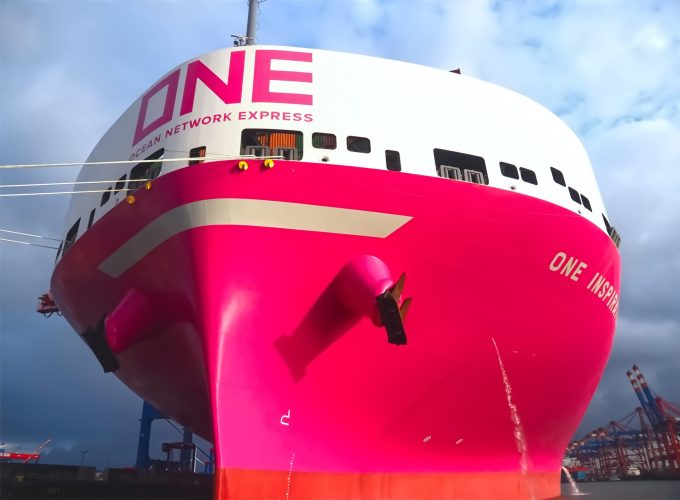Legal wrangle over terminal project could hobble South African port efficiency hopes
Continued congestion at South African ports hit by high winds has brought calls for a ...

Ocean Network Express (ONE) has taken over the methanol mantle with an order for 10 boxships – while Maersk Line u-turns on the new fuel in favour of LNG.
ONE’s latest order for 10 more 13,000 teu methanol-fuelled vessels at China’s Jiagnan and Yangzijiang shipyards supplements an order for 12 made in January.
“Our decision to invest in methanol-dual fuel vessels aligns with ONE’s Green Strategy as part of our key initiatives,” said CEO Jeremy Nixon, at the time.
“The new fleet ...
'Disastrous' DSV-Schenker merger would 'disrupt European haulage market'
New senior management for DSV as it readies for DB Schenker takeover
Volumes set to 'fall off a cliff' as US firms hit the brakes on sourcing and bookings
Asian exporters scramble for ships and boxes to beat 90-day tariff pause
Amazon pushes into LTL for small package fulfilment and UPS does a u-turn
Temporary tariff relief brings on early transpacific peak season
Pre-tariff rush of goods from US to China sees air rates soar, but not for long
Forwarders 'allowing the fox into the chicken run' by supporting 'hungry' carriers

Comment on this article